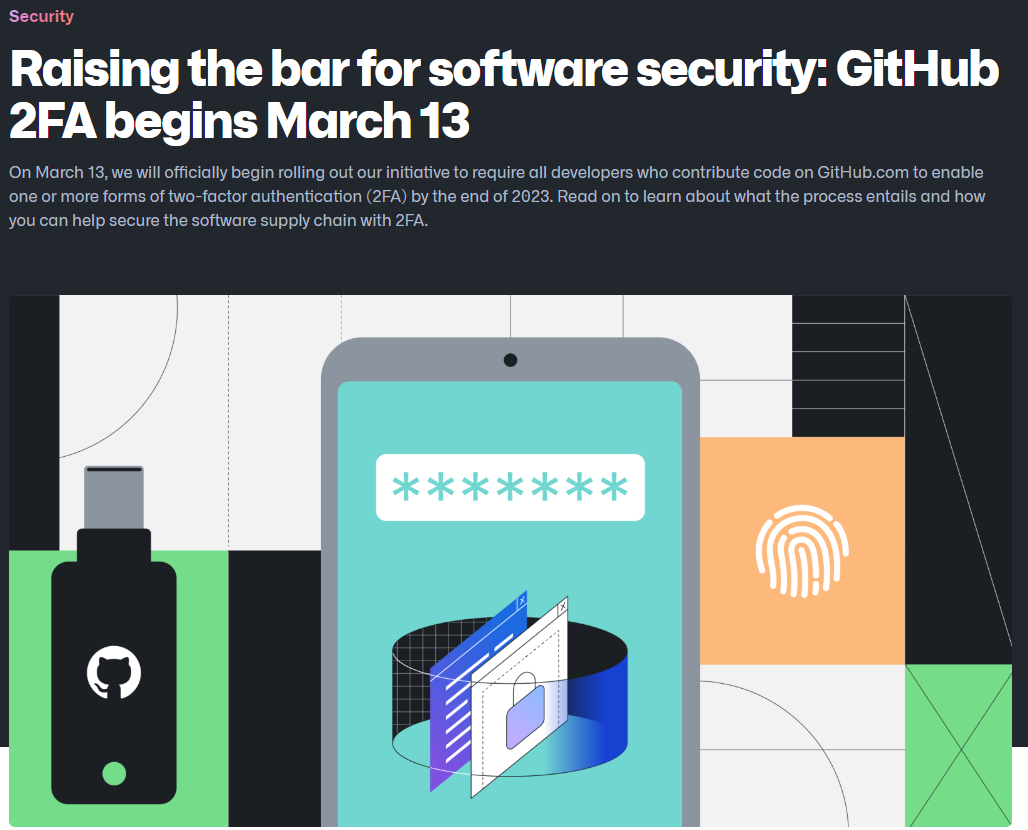News: major libjodycode rework, GitHub exit on hold, hashdb is great
libjodycode work in progress
I am in the middle of a major upgrade to libjodycode that will convert the library from a random collection of code I use across several of my projects into a Windows C Unicode portability library. One of the major disadvantages of compiling against the MinGW runtime is the lack of native Windows Unicode support. The largest part of libjodycode has always been the Windows Unicode support code that transparently converts to and from UTF-16 and handles quirky differences between Windows and UNIX-like platforms. What I’m working on is a conversion from a cobbled-together mess of code I copy-pasted from jdupes into a library that effectively replaces several basic C library calls such as access() and fopen() with versions that work with Windows Unicode without modification.
Unfortunately, while I’m working on libjodycode and all of my programs that interface with it to generalize everything out, you’re guaranteed to encounter problems if you try to use the latest master branches for libjodycode and jdupes. These will continue to be broken without notice until I’m done overhauling libjodycode.
GitHub exit on hold
In the August 28, 2023 news post, I said that I’d be leaving GitHub, meaning jdupes would also be leaving GitHub and moving somewhere else. It’s October 4 and that hasn’t happened yet. The (brief) reasons for this are:
- GitHub replaced the insane CAPTCHA for setting up 2FA with something reasonable that actually worked when I tried it, and
- I moved my computer consultancy and repair business out of my home and into a real office again–a process that put me behind on work by several weeks.
jdupes, libjodycode, and all my other software projects will still be removed from GitHub in the future, but the timeline is not certain right now. I’ll post another news item when I have a concrete transition date.
Hash database feature is awesome!
Remember that hash database feature I added to jdupes in August 2023? I’ve been using it on lots of different data sets since then and I’m amazed at how much time it saves! One of my residential PC repair customers doesn’t delete the pictures from the phone after phone picture import sessions; I was able to give them a one-line batch file that uses jdupes with the hashdb feature to remove all duplicate photo files in just a few seconds. They can run it immediately after importing photos to clean up after the import rather than changing their existing habits. Despite hashdb missing several basic features, it’s still insanely useful when used carefully.

